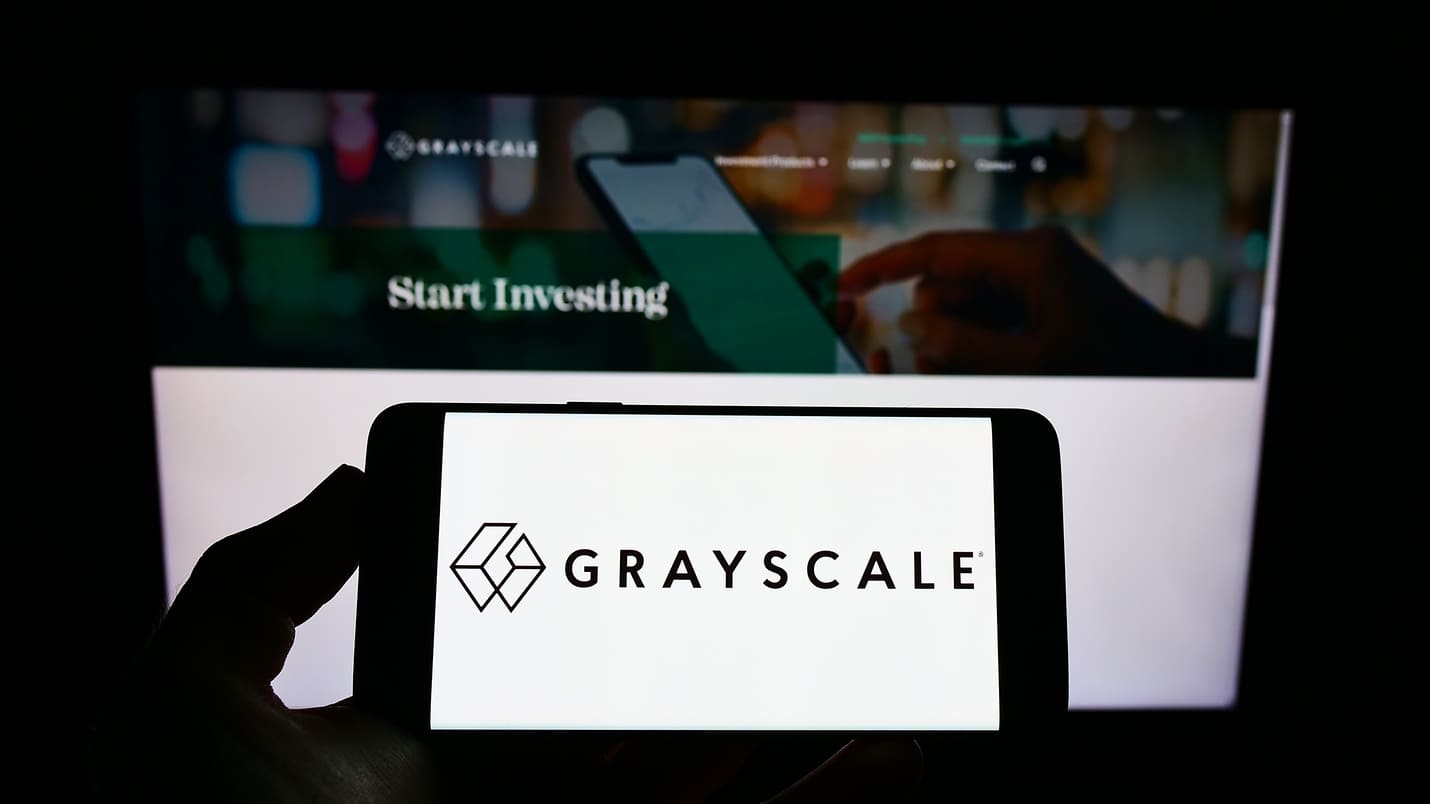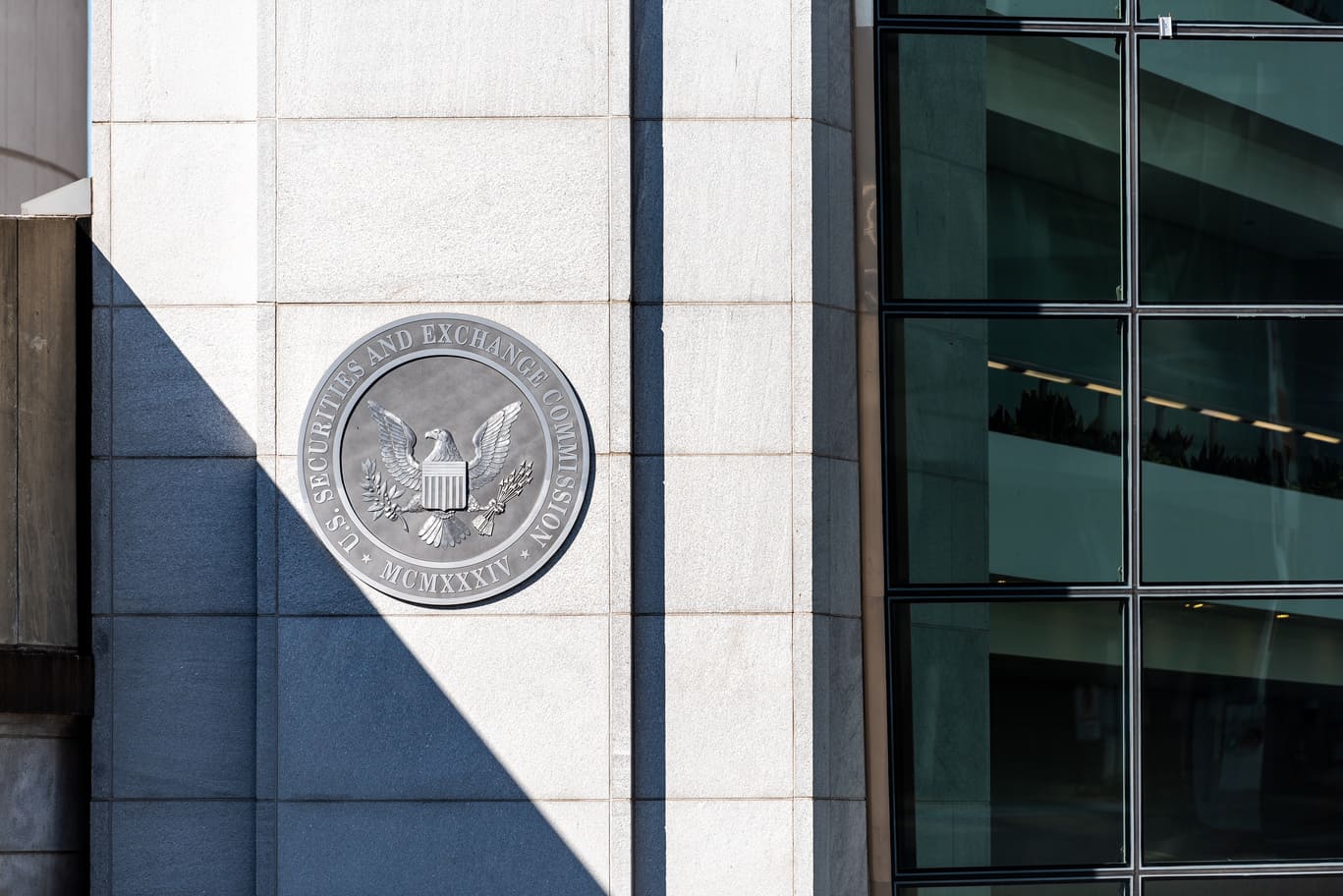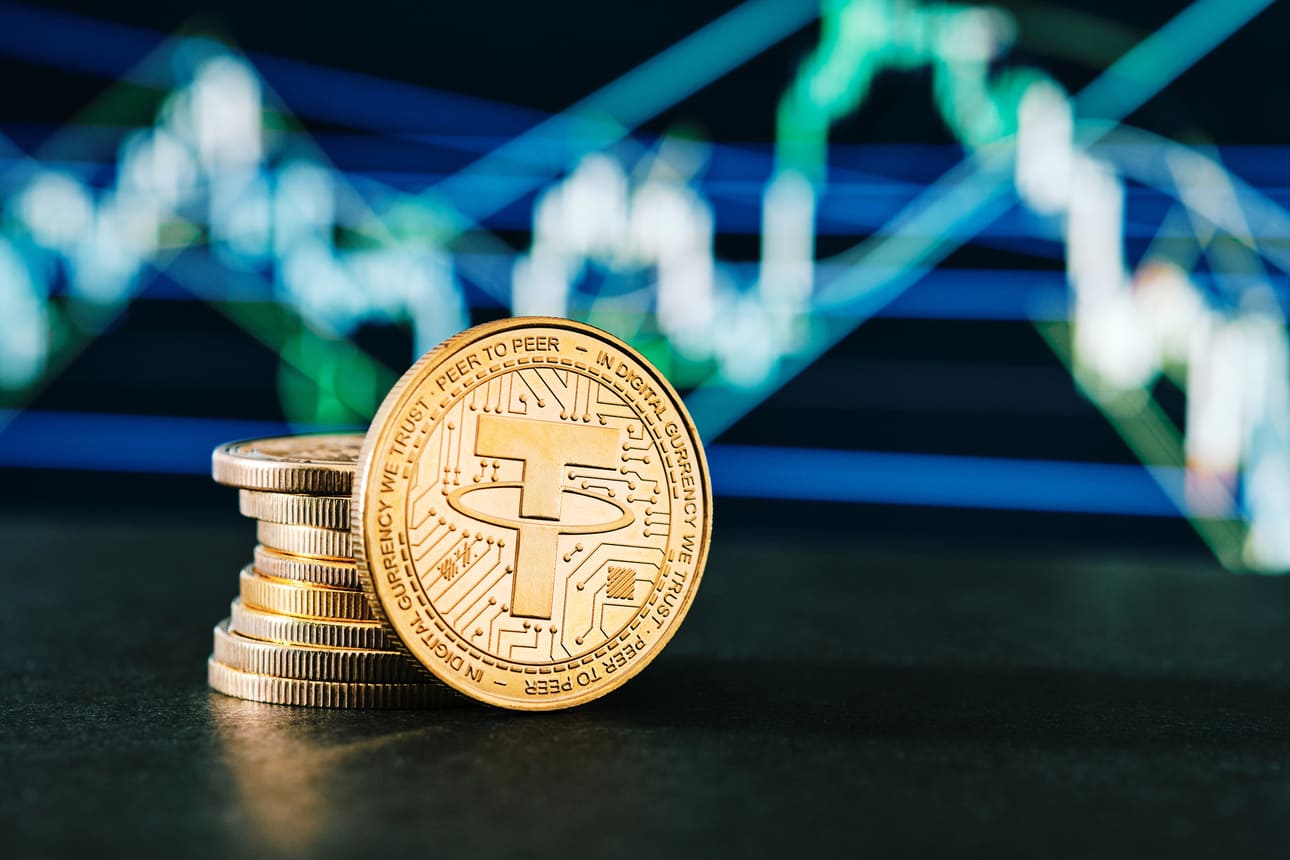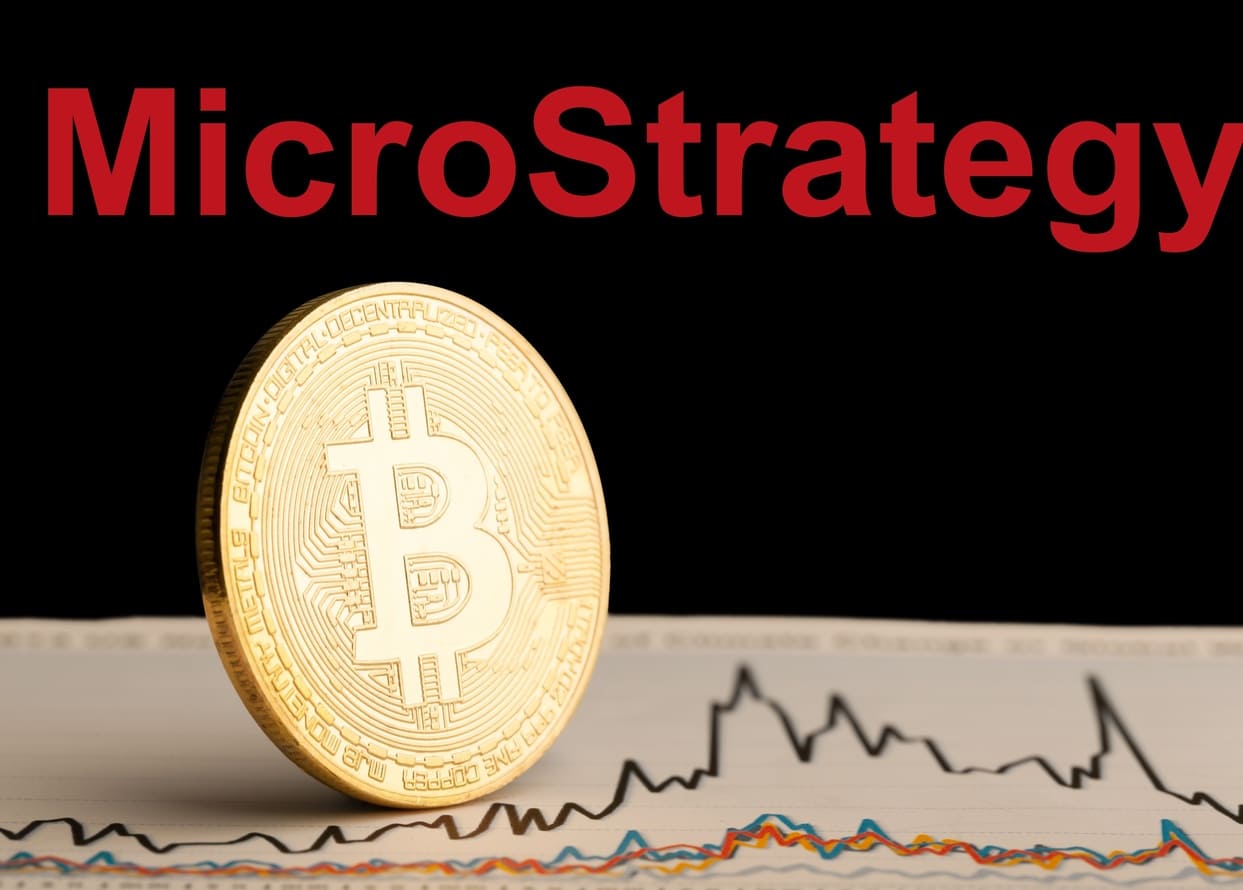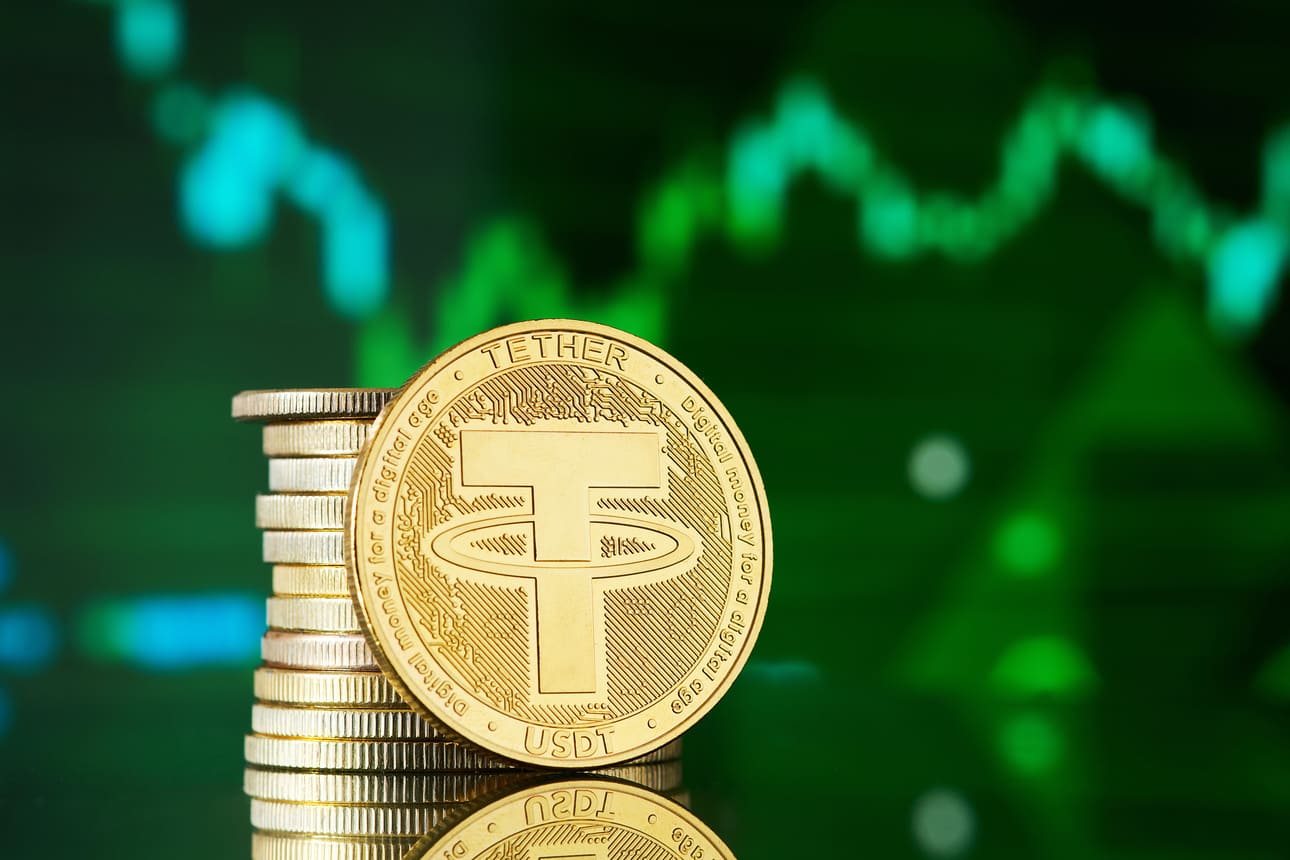
Tether Continues to Issue Loans Despite Pledge to Stop
The stablecoin issuer has increased its lending of USDT to clients, contradicting its previous announcement.
Tether, the company behind the largest stablecoin USDT, has reportedly resumed its practice of issuing secured loans to clients, less than a year after it said it would stop doing so. The company’s latest financial report revealed that it has increased its loans denominated in USDT, raising questions about its transparency and credibility.
According to the Wall Street Journal, Tether’s balance sheet showed that it had $5.5 billion worth of loans as of June 30, up from $5.3 billion in the previous quarter. A spokeswoman for Tether confirmed that the company had made new loans to some of its long-term customers, citing liquidity and market conditions as the reasons.
However, this contradicts Tether’s announcement from December 2022, when it said it would reduce its secured loans to zero in 2023. The announcement came after the collapse of the FTX cryptocurrency exchange, which was one of Tether’s major borrowers. Tether claimed that it wanted to restore trust in the market and ensure the stability of its reserves.
Tether’s reserves are supposed to back up every USDT token in circulation, which is pegged to the U.S. dollar at a 1:1 ratio. However, the company has faced scrutiny and criticism over its lack of transparency and accountability. Tether does not disclose what assets it holds as collateral for its loans, nor does it reveal who its borrowers are.
The company’s quarterly report showed that most of its reserves are composed of U.S. Treasury bills and other highly liquid assets. It also listed $3.3 billion in precious metals and $1.7 billion in bitcoin. However, these figures are not independently verified by a comprehensive audit. Instead, Tether relies on periodic attestations by an accounting firm BDO Italia, which only confirm that the company’s assets exceed its liabilities.
Tether defended its lending activities in a statement, saying that it had more than enough equity to offset its loans and that it was still committed to removing them from its reserves by 2024. The company also accused traditional financial institutions of failing to address the needs of their customers and of spending time scrutinizing Tether instead.
Tether’s lending practices could pose a risk to the stability of the cryptocurrency market, as USDT is widely used as a medium of exchange and a store of value. If Tether’s borrowers default on their loans or if Tether’s reserves are insufficient to back up its tokens, it could trigger a loss of confidence and a liquidity crisis in the crypto space.


